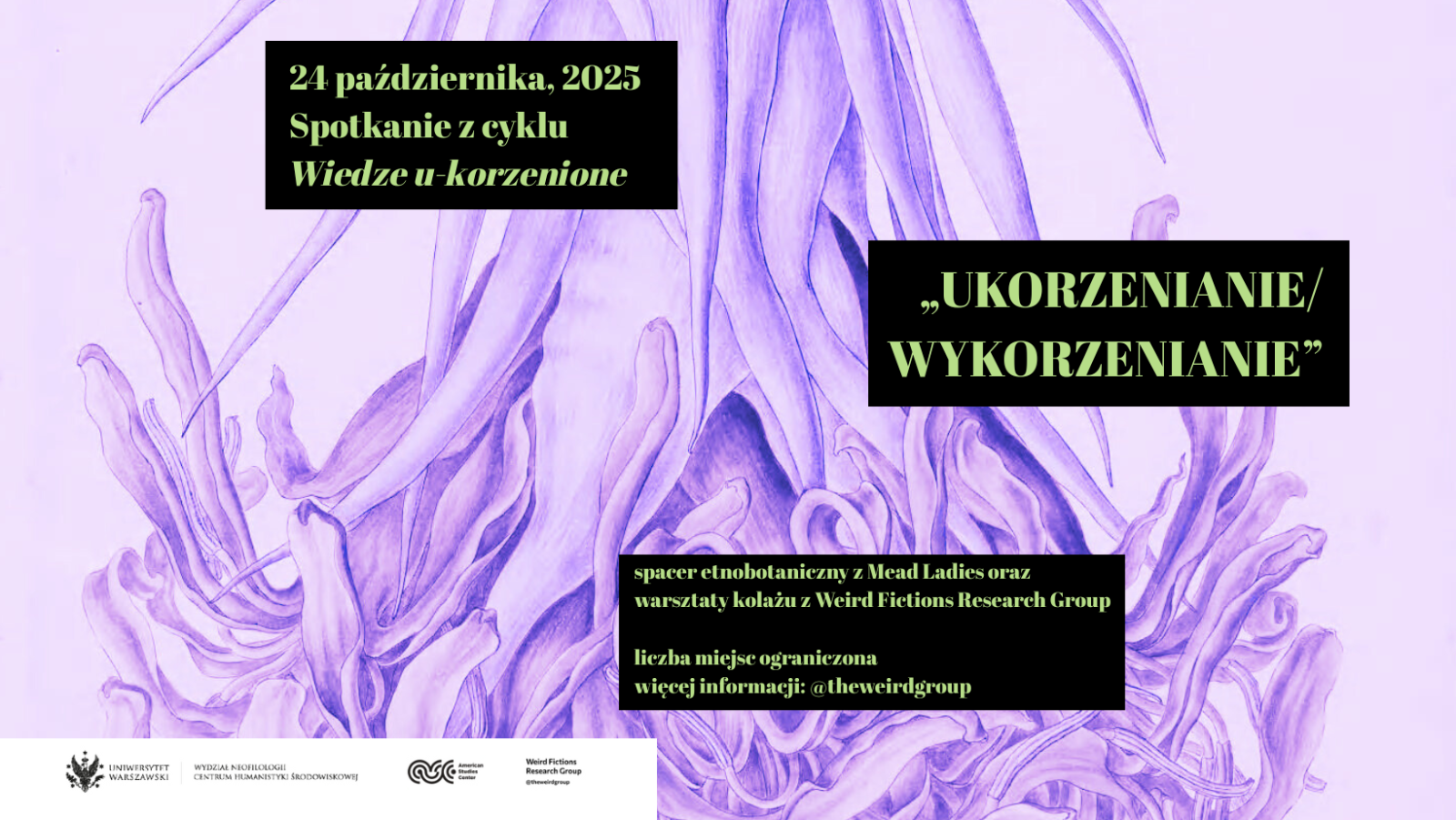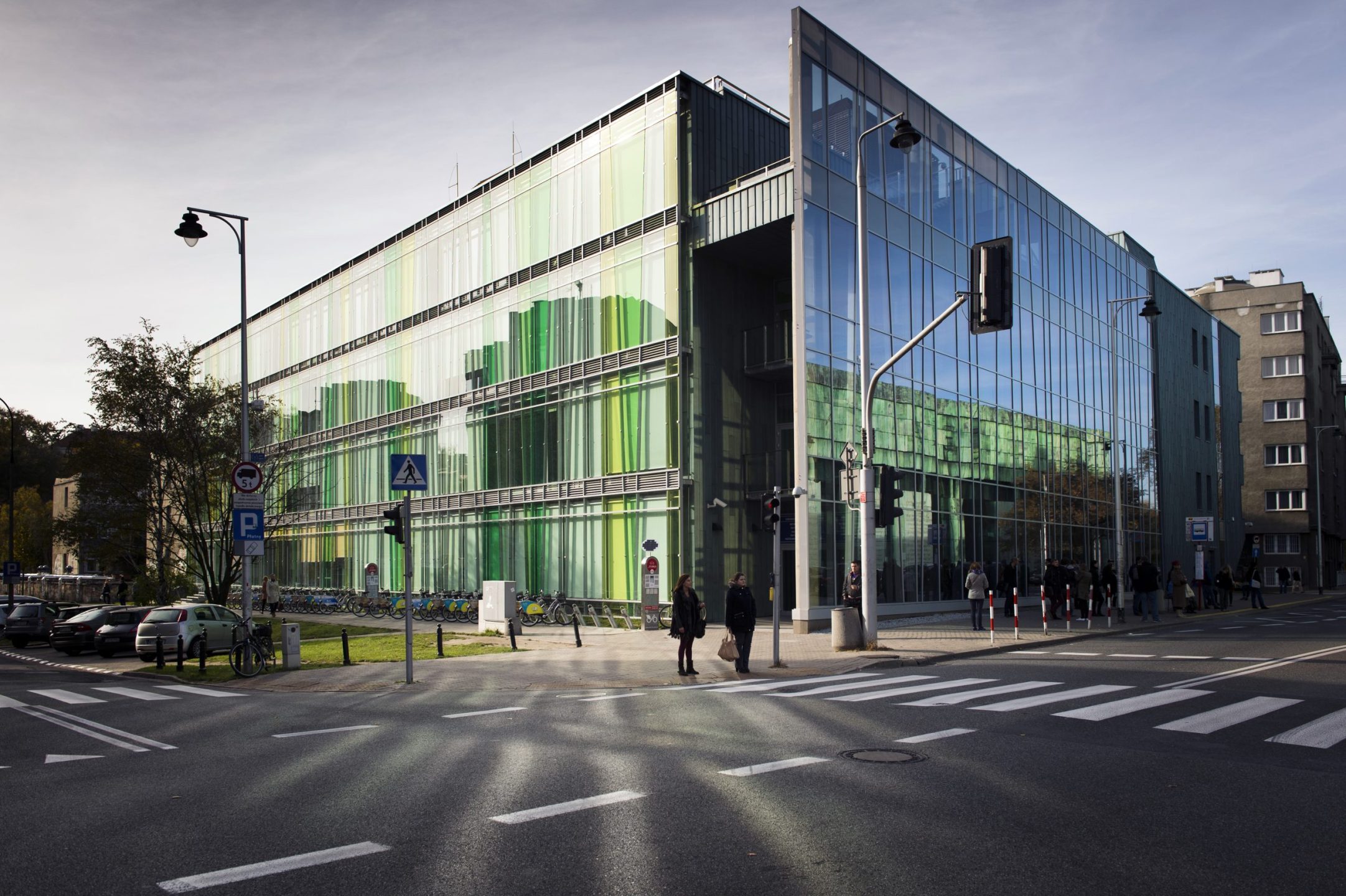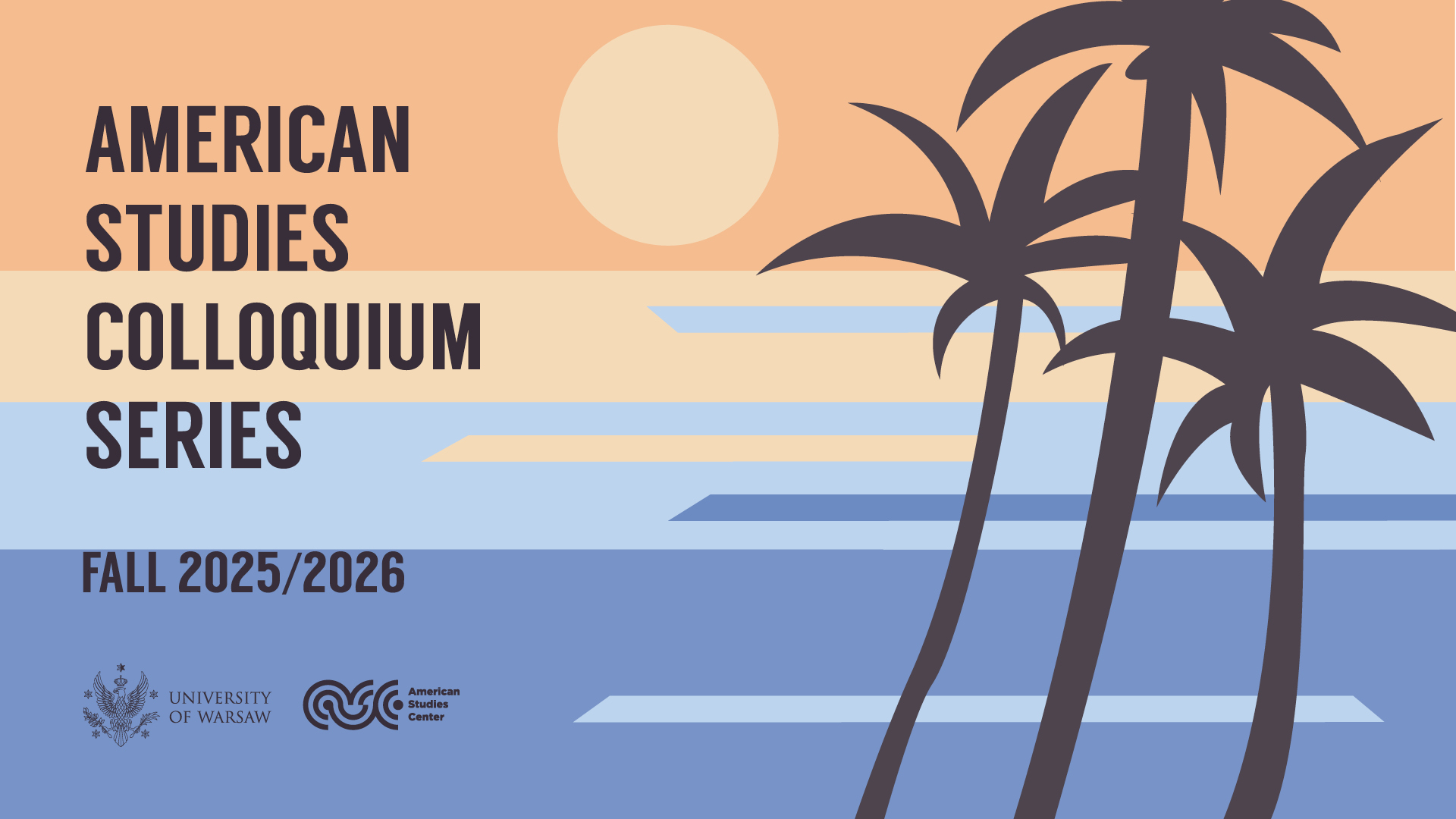My, niżej podpisani amerykaniści i amerykanistki z Ośrodka Studiów Amerykańskich Uniwersytetu Warszawskiego i innych jednostek UW wyrażamy naszą solidarność z pokojowymi protestami Black Lives Matter w Stanach Zjednoczonych i na świecie. Jednocześnie wyrażamy głębokie zaniepokojenie sposobem relacjonowania wydarzeń zachodzących w Stanach Zjednoczonych, przedstawiania i percepcji Afroamerykanów oraz brakiem pogłębionej refleksji na temat kwestii podziałów rasowych w USA.
Śmierć George’a Floyda unaoczniła po raz kolejny nabrzmiały problem rasizmu i nierówności społecznych. Oczywistym jest dziś, że amerykański system egzekwowania prawa musi zostać zmieniony. Kontakt z policją nie może grozić Afroamerykanom śmiercią lub brutalnym traktowaniem. Chodzi jednak nie tylko o przemoc policji. Dekady systemowego rasizmu doprowadziły w Stanach Zjednoczonych do ogromnych nierówności ekonomicznych, nierówności w dostępie do służby zdrowia, edukacji i warunków mieszkaniowych, jak również do dyskryminacji na rynku pracy i ograniczenia praw wyborczych. Profilowanie rasowe sprawia, że Afroamerykanie nieproporcjonalnie częściej trafiają do więzień. Wiele z tych zjawisk zaostrza się poprzez utrwalanie szkodliwych stereotypów na temat Afroamerykanów w filmach, telewizji i mediach. Ten fałszywy wizerunek obecny jest zarówno w samych Stanach Zjednoczonych, jak i na świecie.
Jako naukowcy i naukowczynie zajmujący się historią i kulturą amerykańską jesteśmy zaniepokojeni sposobem przedstawiania i percepcją Afroamerykanów. Apelujemy do polskich mediów i komentatorów, by relacjonowali i analizowali trwające protesty z należnym szacunkiem i namysłem. By przekazywali rzetelną wiedzę na temat kwestii rasowych i spuścizny kolonializmu zarówno w Stanach Zjednoczonych, jak i w Europie. Stanowczo sprzeciwiamy się klimatowi sensacji obecnemu w relacjonowaniu wydarzeń zachodzących w Stanach Zjednoczonych.
Protesty osiągnęły już skalę globalną. To może być przełomowy moment dający szansę na wprowadzenie fundamentalnych zmian. Warunkiem tych zmian jest jednak debata publiczna wolna od toksycznych stereotypów, nieścisłości faktograficznych, manipulowanych statystyk i stronniczych argumentów. Rzetelność dziennikarska i zwykła ludzka przyzwoitość wymagają, by wszystkie kwestie – nawet te sporne – przedstawiane były w sposób obiektywny, z głębokim i zniuansowanym rozumieniem historii i kultury amerykańskiej.
Niezależnie od naszych poglądów politycznych, uważamy, że naszą główną rolą jest edukacja. Czujemy się zobowiązani do podnoszenia świadomości, jak złożone są kwestie społeczne w Stanach Zjednoczonych, w tym jak ważne jest dziedzictwo podziałów rasowych. Dlatego też w najbliższych tygodniach prezentować będziemy na stronie Ośrodka Studiów Amerykańskich Uniwersytetu Warszawskiego (www.asc.uw.edu.pl) najbardziej wnikliwe analizy, artykuły i filmy, które pozwolą lepiej zrozumieć trwające protesty oraz ich historyczny i społeczny kontekst.
Autorzy:
Dr Małgorzata Durska
Dr hab. Paweł Frelik, prof. ucz.
Dr William Glass, prof. ucz.
Dr hab. Agnieszka Graff, prof. ucz.
Dr Karolina Krasuska
Dr Krystyna Mazur
Sygnatariusze:
Mgr Filip Boratyn
Dr Jędrzej Burszta
Dr Héctor Calleros Rodriguez
Dr Matthew Chambers
Dr hab. Katarzyna Dembicz
Mgr Antoni Górny
Dr Ludmiła Janion
Mgr Gabriela Jeleńska
Mgr Aleksandra Kamińska
Dr hab. Elżbieta Bekiesza-Korolczuk
Dr hab. Grzegorz Kość
Dr Blanka Kotlińska
Dr Agnieszka Kotwasińska
Dr Anna Kurowicka
Dr hab. Sylwia Kuźma-Markowska
Dr hab. Bogumiła Lisocka-Jaegermann
Dr Karolina Lebek
Mgr Magdalena Maksimiuk
Dr Anna Malinowska
Dr Joanna Mąkowska
Dr Luis Miletti
Prof. dr hab. Stanisław Obirek
Mgr Paulina Orbitowska-Fernandez
Dr Natalia Pamuła
Mgr Alicja Relidzyńska
Dr Ryszard Schnepf
Dr Marta Usiekniewicz
Dr Marta Werbanowska
Prof. dr hab. Marek Wilczyński
Dr hab. Aneta Dybska (Department of Cultural Studies, Institute of English Studies)
Dr hab. Julia Fiedorczuk-Glinecka (Department of American Literature, Institute of English Studies)
Dr hab. Ewa Łuczak, prof. ucz. (Department of American Literature, Institute of English Studies)
Dr hab. Marek Paryż. prof. ucz. (Department of American Literature, Institute of English Studies)
Dr hab. Tadeusz Pióro (Department of American Literature, Institute of English Studies)
Dr Anna Pochmara-Ryżko (Department of American Literature, Institute of English Studies)
Dr hab. Justyna Wierzchowska (Department of Cultural Studies, Institute of English Studies)
Dr hab. Justyna Włodarczyk (Department of American Literature, Institute of English Studies)
Dr Joanna Ziarkowska-Ciechanowska (Department of American Literature, Institute of English Studies)



